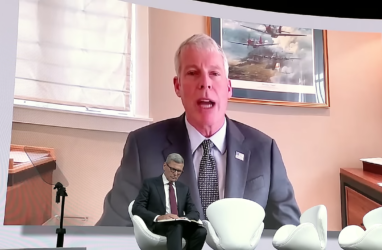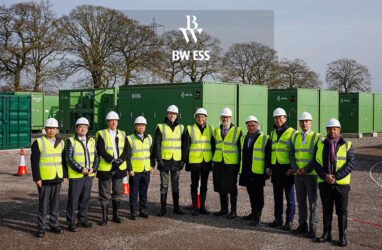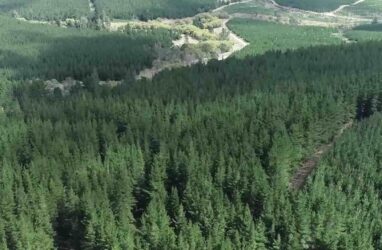Feed aggregator
BRIEFING: Collaboration between cities vital to accelerate CDR deployment -experts
INTERVIEW: ACCU futures interest grows despite slow start, CME executive says
BRIEFING: Canadian investors step up support for climate resolutions amid global withdrawals
Race to save whales in Australia mass stranding
Yes, Australia needs new homes – but they must be built to withstand disasters in a warmer world
Peter Dutton’s nuclear accounting trick #1: Assume you can halve the cost of nuclear power
The post Peter Dutton’s nuclear accounting trick #1: Assume you can halve the cost of nuclear power appeared first on RenewEconomy.
US energy secretary tells UK and Australian conservatives that net zero is “sinister” and “unachievable”
The post US energy secretary tells UK and Australian conservatives that net zero is “sinister” and “unachievable” appeared first on RenewEconomy.
More than 150 whales stranded on beach in remote north-western Tasmania
Veterinarians and conservationists respond to mass beaching, but experts warn inaccessibility and poor conditions may limit ability to help
- Follow our Australia news live blog for latest updates
- Get our breaking news email, free app or daily news podcast
More than 150 whales have stranded on a beach near Arthur River, on Tasmania’s remote north-west coast.
A group of 157 animals that appear to be false killer whales have stranded, according to the Department of Natural Resources and Environment Tasmania, with initial observations showing 136 animals were still alive.
Sign up for Guardian Australia’s breaking news email
Continue reading...Heat pump sales in Europe fall 23% to pre-Ukraine war levels
Growth in 2022 and 2023 was driven by soaring gas prices caused by Russia’s invasion, but 2024 saw sales slump
Heat pump sales fell 23% in Europe last year, industry data shows, reverting to the level they were at before the war in Ukraine and slowing the shift away from gas-burning boilers.
Demand for clean heating devices fell by about half in Belgium and Germany, and by 39% in France, according to data for 13 countries that cover 85% of the European heat pump market.
Continue reading...Iowa energy bill stirs CO2 pipeline opposition as it advances through subcommittee
Paraguay unveils regulation of carbon market law
US renewable fuels industry supports reciprocal tariffs to combat over 90% drop in ethanol exports to Brazil
Three big batteries join UK grid, including the biggest to date
The post Three big batteries join UK grid, including the biggest to date appeared first on RenewEconomy.
Pine forest wind project unveils plans for 8 megawatt turbines and a 2,000 MWh battery
The post Pine forest wind project unveils plans for 8 megawatt turbines and a 2,000 MWh battery appeared first on RenewEconomy.







